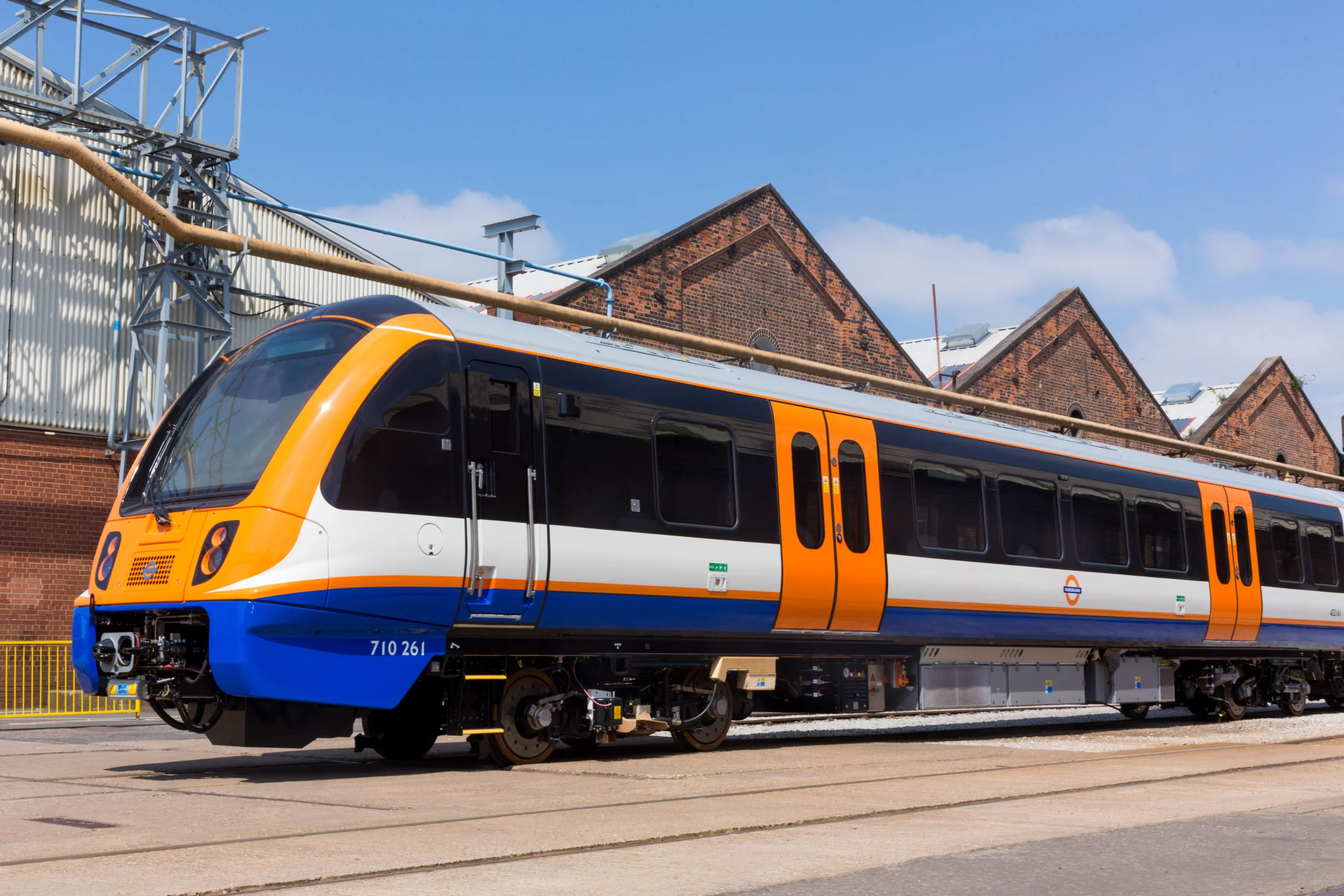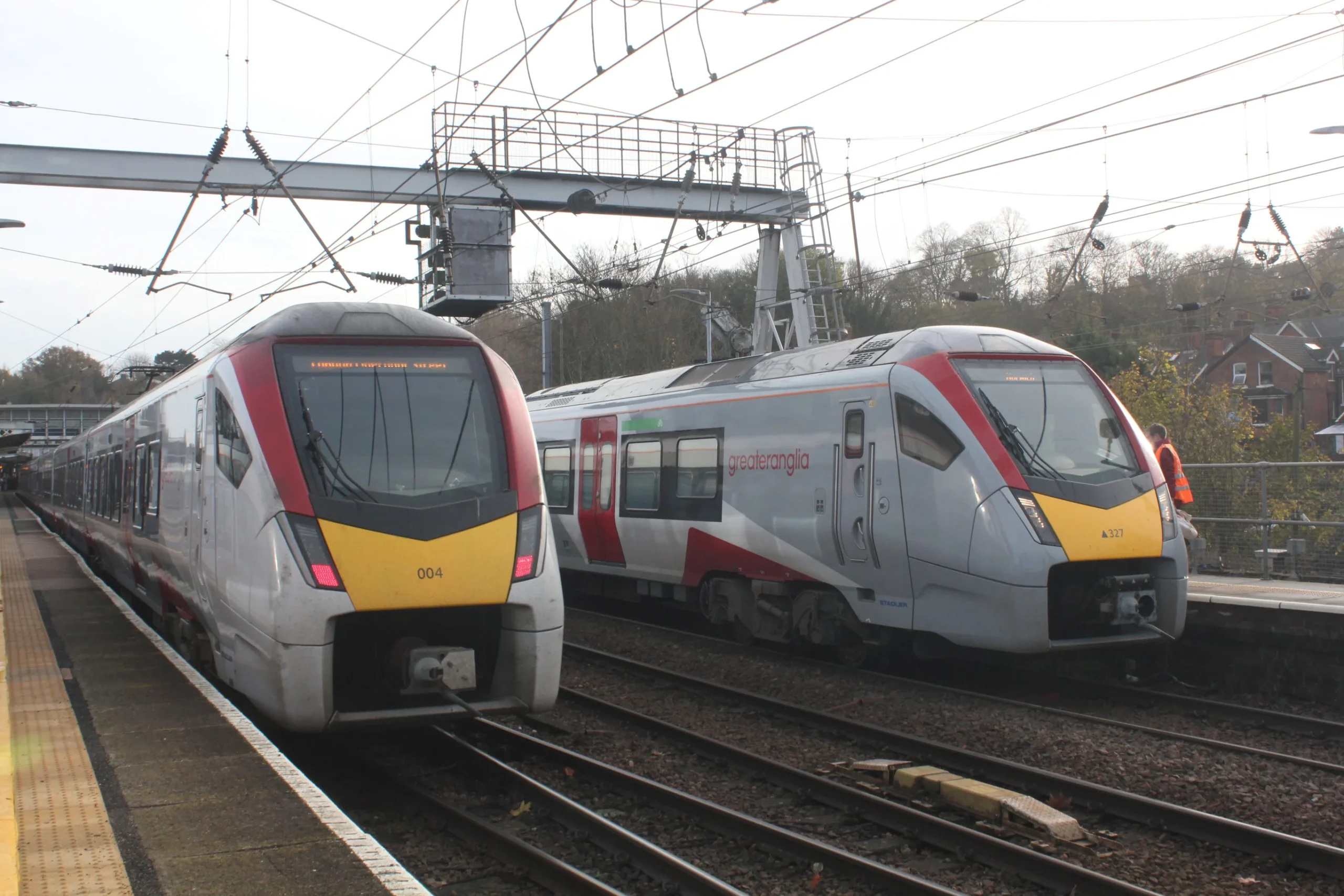Hammersmith and Fulham survey breach at centre of low traffic neighbourhood row

A fresh controversy has emerged around Hammersmith and Fulham Council’s Clean Air Neighbourhoods, after a key survey used to support their introduction was found to have breached four official rules of conduct. The revelation centres on a Hammersmith and Fulham survey breach identified by the Market Research Society (MRS), which said the polling firm Opinium failed to ensure participants were not steered toward a particular view.
The low traffic neighbourhood (LTN) in south Fulham was introduced in December 2022 with the aim of reducing rat-running and traffic pollution caused by drivers cutting through residential roads near Wandsworth Bridge Road. The council argued that the scheme tackled a long-standing problem made worse by sat-nav use, and claimed widespread public support after what it described as “one of the most comprehensive ever surveys undertaken in this country into a neighbourhood traffic scheme”.
However, a complaint lodged with the MRS has raised questions about how the survey was carried out. The MRS found that Opinium, the company commissioned by the Labour-run council, breached four of its key codes – including the failure to provide sufficient information to participants and not doing enough to prevent biased responses.
According to council documentation, Opinium conducted door-to-door polling across the Clean Air Neighbourhood area and wider borough, reporting that 59% of local residents supported the principle of cutting down on out-of-borough traffic. Online surveys showed even stronger backing at 65%. But campaigners have pointed out that the council also received a large number of negative emails during the trial period—over 40% of which expressed opposition to the scheme.
The issue is now drawing wider attention, not just over transparency but also the scheme’s financial impact. According to council figures, the Fulham LTNs raised nearly £11.8 million from fines in 2023 alone. As one local resident told the press,
“The survey was a sham… the council needed public support to keep the revenue flowing.”
In response, Opinium CEO James Endersby said the company had already taken steps to improve internal checks and welcomed the MRS’s conclusion that no formal corrective action was required. Still, the ruling casts a shadow over the consultation that helped turn a temporary LTN into a permanent fixture and raises further concerns about how councils across the UK gauge public opinion on major urban planning policies.
For more background on the wider Clean Air Neighbourhoods discussion, readers may want to visit Living Streets, a UK charity focused on pedestrian-friendly cities.
For more updates on London traffic schemes and how councils are shaping neighbourhood policy, visit EyeOnLondon. We’d love to hear your views in the comments.
Follow us on:
Subscribe to our YouTube channel for the latest videos and updates!
We value your thoughts! Share your feedback and help us make EyeOnLondon even better!









